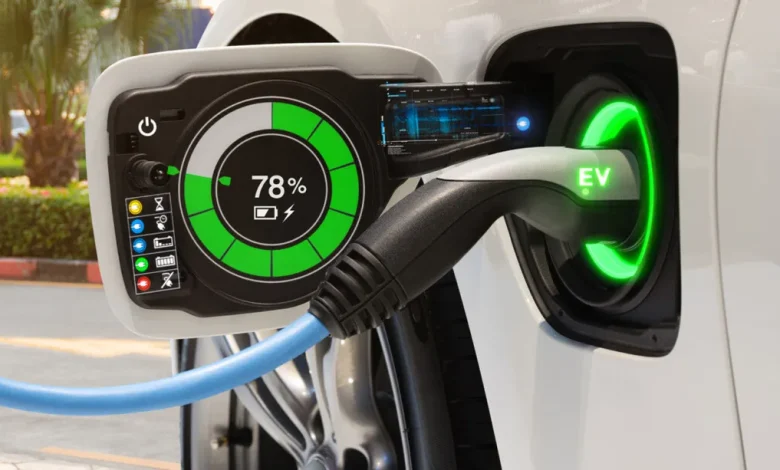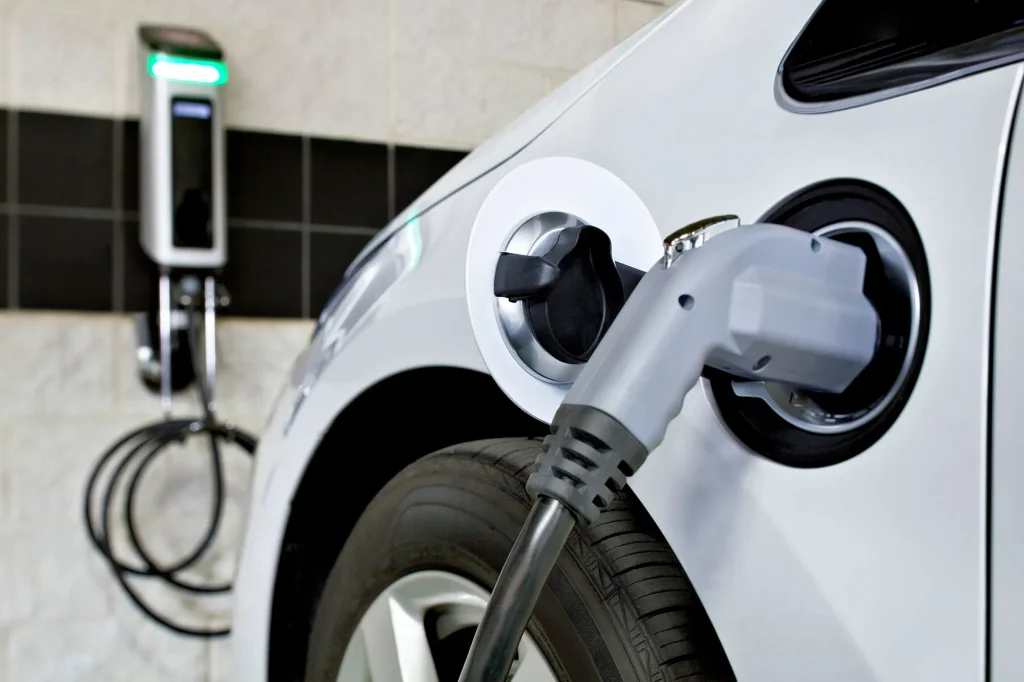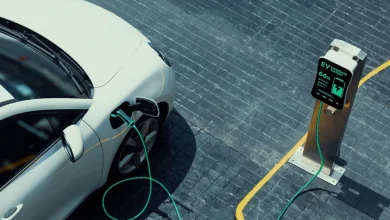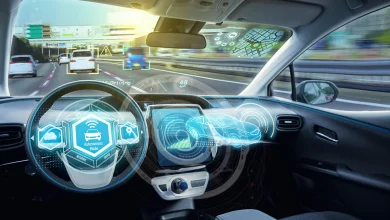
Can Electric Vehicles Truly Replace Gas-Powered Cars?
As electric vehicles become more affordable and efficient, are they truly ready to replace gas-powered cars? We examine the facts.
The automotive world is going through a major transformation and electric vehicles are the epicentre of it. What were once futuristic or luxury novelties are now more attainable than ever before—thanks to tax incentives, decreasing battery prices and market interest. But the big question remains: can they substitute fully for gasoline-powered cars?
It’s a complicated debate. On the one hand, the EVs are cleaner and have often less expensive to use. On the other, the issues of infrastructure, cost and range anxiety continue retarding the penetration of the same. So let’s talk about the key areas where this fight is taking place.
Comparing Purchase and Ownership Costs
In first sight, electric cars may appear more costly. Traditionally, they came with a bigger sticker price primarily because of their batteries. But in recent times, EVs have become very cheap. Tax credits literally up to $7500 to new and $4000 to used EVs, close a gap. Plus, the number of additional incentives offered by states is high.
In the long run, electric vehicles are cheaper to own. They do not need oil changes or spark plug replacement and employ regenerative braking which ensures extended life of brake pads. According to a 2020 study by Consumer Reports, drivers with electric vehicles save about 50% on maintenance and repair costs compared to owner of gas vehicles.

Fueling and Charging: Who Wins?
Fuel saving is also one of the great benefits of electric cars. Electricity is always cheaper than gasoline, and particularly so if you charge in your own house at non-peak hours. There are studies which have been carried out at the University of Michigan, where they established that in the average year drivers would be spending about $485 dollars to fuel EVs and compare this to $1,117 dollars to run a gas vehicle.
Of course, began to catch up with the convenience of the public charging. Home charging may be perfect for many people but for a person who relies on fast-charging points, the cost may prove to be higher. Nevertheless, even with more expensive electricity, the electric vehicles are still 2.6 to 4.8 times per mile more efficient than gas cars, making them winners in most instances – even in states with more expensive electricity.

Environmental and Long-Term Benefits
Environmentally, the electric vehicles bring numerous advantages. They do not pollute with tailpipe gases and minimize greenhouse-gas emissions – increasingly when they are driven on renewable energy. A common EV saves numerous tons of carbon emission during its lifespan and contributes to the betterment of climate health and local air quality.
Also, electric vehicles contribute to longer run savings outside of the driver. Reduced emissions lessen the cost of healthcare related to air pollution and lessen climate related disasters. And as the energy grid cleans, EVs will only become greener, maximizing their environmental advantage over gas cars.
There is no longer any fringe technology called electric vehicles. The affordability increases and so do public supports, they’re becoming the new normal. Gasoline cars, the benefits they had in range and filling speed in certain situations still have advantages, the momentum is moving, though, very clearly towards electric. Whether you’re looking to save on your costs or attract more green-savvy clients, or you want to race into the future with the latest technology, electric vehicle models are ensuring they’re more than just a temporary trend – they’re a proprietary replacement in the wings.



